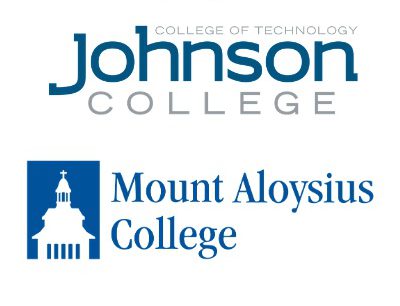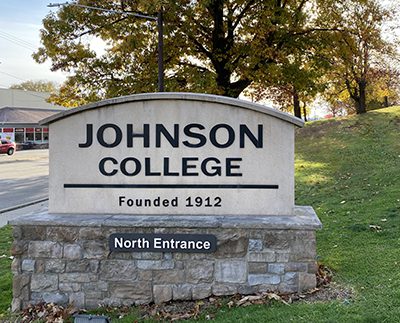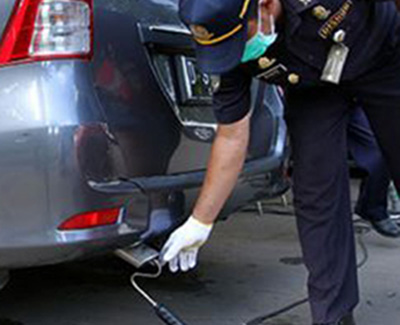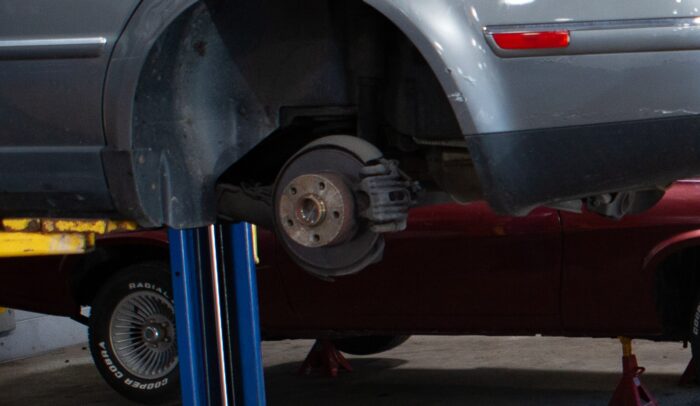By Mark Kozemko, Johnson College’s Automotive Technology Program Director. Original published in the January 22, 2021 edition of the Valley Advantage.
Over the past eight months, we’ve covered a lot of topics that deal with vehicle systems.
We talked about how these systems work and what you as an owner can do to keep them working efficiently. We also cautioned you about repairs and services you shouldn’t tackle on your own. Now, let’s talk about the one thing that helps your entire vehicle run smoothly: fuel. Specifically, gasoline.
Is there a difference between summer gasoline and winter gasoline?
First of all, I want everyone to know that I am not a scientist — I am a car doctor. I will attempt to answer questions regarding gasoline in a way that everyone, including myself, can understand.
The simple answer is, yes. There is a difference between summer and winter gasoline. As vehicle owners, we have no control over the gasoline we pump except for the grade, or octane content, we choose at the pump.
The octane rating does not change from summer to winter; what does change are the additives in the gasoline blend. These additives change the fuel’s volatility, or its liability to change rapidly and unpredictably, especially for the worse. Volatility is also the tendency of a substance to evaporate at normal temperatures. All of this means that gasoline evaporation or vaporization is a bad thing.
The vapors created by vaporization cause and contribute to ground-level ozone, which contributes to smog and a variety of health issues, including respiratory problems. The volatility of gasoline is greater at higher temperatures, so summer months are more of an issue than winter months. To tame the volatility of gas in the hottest months, additives are introduced to the fuel to lower the volatility. These additives are on the costly side, so you may notice an increase in price per gallon during the summer months.
When does summer gas become winter gas and vice versa?
Per federal deadlines, winter blend fuels are to be dispensed by Sept. 15 of each year. During the colder months, the volatility of the gas may drop and cause a no-start condition in your vehicle. Depending on location, the blend is adjusted throughout the winter. Most locations switch back to summer blended gasoline around April 1. Just remember, the colder the location, the longer the winter blend will be available.
Will I notice a difference in the performance when the blends are changed?
You shouldn’t, because as we’ve said in previous columns, your vehicle is smart. It knows how to adjust to the different blends. For quite some time, vehicles have been equipped with evaporative emission control systems. This type of system stores and reuses the fuel vapors created by the evaporation process of the fuel.
By doing this, the fuel system problems of the past are virtually eliminated. Through this technology built by manufacturers, oil companies, and their refineries, the transition from summer to winter gas and winter to summer gas are ultimately unnoticeable.
I’ve seen E85 and E88 octanes at some filling stations. Are either of those blends better for my vehicle than the regular E87 octane fuel?
The E88 octane contains 15% ethanol and 85% gasoline.
If your vehicle owner’s manual doesn’t state that your vehicle can handle 15% ethanol, do NOT use it. Using this blend can cause severe damage to your vehicle’s engine. The E88 octane is approved for use in 2001 and newer vehicles. Remember, even if your vehicle is 2001 or newer, if the manufacturer does not approve E88 octane fuel, DO NOT use it.
The E85 octane has a large amount of ethanol. Anywhere from 51% to 83%. Vehicles approved to use this blend are referred to as Flex-Fuel vehicles. Normally, you will find E85 significantly cheaper at the pump. The pump price will lead you to believe that you will save money using this fuel. Nothing can be further from the truth. Using E85 in your flex-fuel vehicle will undoubtedly increase torque and horsepower, but these increases create lower miles per gallon. This means that in the long run, it is more expensive to run E85 fuel instead of regular E87.
If it were back in the day when gas was less than $.50/gal, I would run E85 in my Flex-Fuel Avalanche because I liked high horsepower and torque — two characteristics of a good hot rod. With current day prices, however, I’ll be sticking to regular E87 octane gasoline.
Now, before you head to the gas station to pump your gas, check your owner’s manual to make sure you’re buying the right type of fuel. You want your vehicle to run as efficiently as possible.









